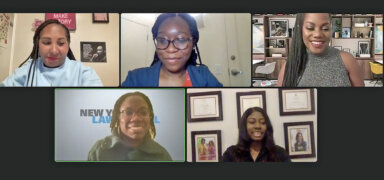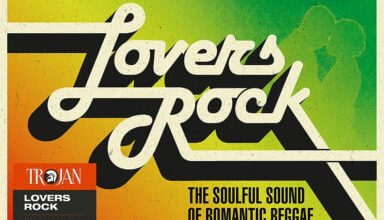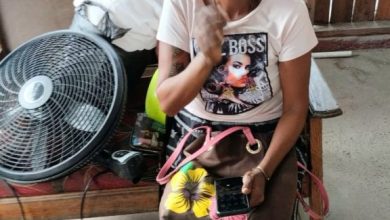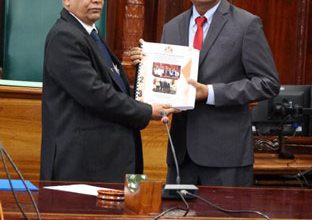Black disability advocates discuss their experiences in higher education

On Jan. 22, Lauren Proby hosted a virtual conversation discussing the politics of disability, Black womanhood, and disability justice at Historically Black Colleges and Universities (HBCUs) with disability advocates Nichelle N. Cook, Rasheera Dopson, Ola Ojewumi, and Britney Wilson.
Proby is a student at Spelman College (Class of 2025), and she is currently a Coelho Center Disability Law, Policy and Innovation Fellow at Loyola Law School in Los Angeles, California.
Cook is the founder and principal consultant at Practegy LLC. Dopson is a community research advocate and scientist.
Ojewumi is the founder and director of Project ASCEND. Wilson is an associate professor of law, as well as the director of the Civil Rights and Disability Justice Clinic, at New York Law School (NYLS). They began the conversation by sharing their experiences with accommodations as students at their HBCUs.
Cook attended Spelman College in the early 2000s, and she was in the process of completing her degree in engineering there when Hurricane Katrina hit. At that time, things were difficult, and she had undiagnosed Attention Deficit Hyperactivity Disorder (ADHD) and anxiety.
“I didn’t know about it, but I knew something was up. It was my first time dealing with this, and I blamed myself. I was unaware of how my brain functioned, and my self-esteem took a hit.” she said. She was finally diagnosed at 34 years old.
Rasheera Dopson, along with anxiety, has had numerous surgeries due to her rare diseases. She went to Morehouse College to get her masters degree, after doing her undergraduate degree at a predominantly white institution.
“Typically, you don’t have access to counseling or therapy as a disabled student. I was lucky I had counseling. I constantly was dealing with medical and cultural ableism. In my first year, I spent a majority of the time advocating for my needs. I wish it was more welcoming as a student,” she said.
Dopson had the confidence that she could do it, because other Black women did it too. “Finding community is important,” she added.
Ojewumi had a heart and kidney transplant at a young age, and she also survived cancer. She thought going to an HBCU would be easier than public school, where she was dealing with racism.
“I paid lots of money to fight for my needs. While there, I saw Black wealth like never before,” she said. She left Howard University due to not getting accommodations, and went to a predominantly white institution that was more accommodating.
However, the racism was on another level. “I couldn’t find safety anywhere,” she added.
Although Wilson wanted to go to Georgetown University, she changed her mind and decided to go to Howard for the cultural experience. Wilson has cerebral palsy. “I was raised around Black people, and they didn’t really discuss disability when I was growing up,” she stated.
She came into her own identity on disability, and it was a culture shock. “It was a fight getting living accommodations, but I had help, through my full scholarship. It’s a constant struggle for basic needs as a disabled person.”
They then discussed what barriers were like for them. Cook shared how being Black and disabled, other things take lead over it, due to the stigma attached culturally.
“There is a dismissiveness of disability that exists, and also a lack of training when it comes to creating spaces that are friendly towards social-emotional learning (SEL),” she continued. “Vulnerability can either be good or bad.”
Ojewumi shared that her parents are from two different tribes in Africa, and she also shared how the complexity of the Black disabled experience is very unique.
“Disability is viewed differently in Africa versus the United States. In Africa, people were never being encouraged to discuss disability, which mirrors itself in Black culture, due to being rooted in white supremacy,” she continued.
Dopson added that traditionally, in Black culture, black excellence is perfection, and disability is the opposite, which means that those with disabilities must be kept hidden, and they have no worth. This is one perspective on disability.
The other perspective is one that Dopson believes: “My disability empowers me, and gives me confidence,” she continued. “In our society, we need to focus on reframing what Black excellence looks like to include disability,” she stated.
Those interested in staying updated on the advocacy work of Dopson, Cook, Wilson and Ojewumi can find more information here:
Ojewumi – https://olaojewumi.com/
Wilson – https://www.nyls.edu/faculty/britney-wilson/
Dopson – https://www.instagram.com/rasheeradopson/?hl=en,



